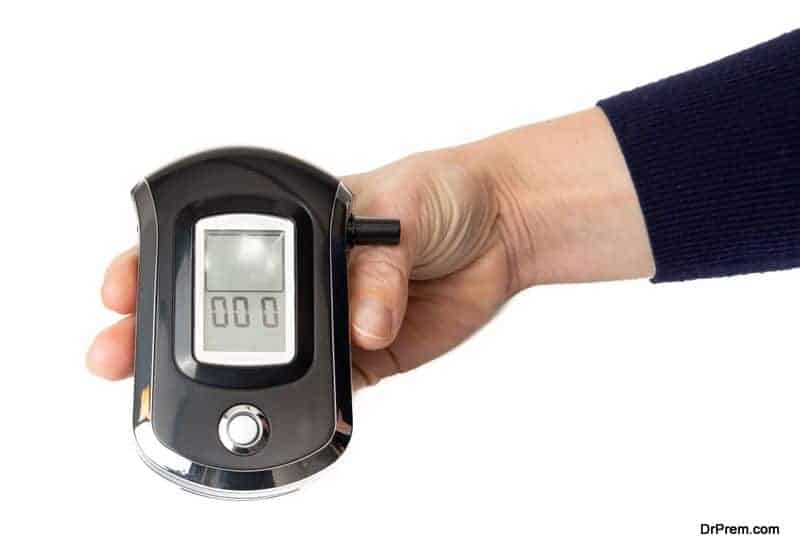Cancer is an uncontrollable growth of body cells, unlike regular cells that have programmatic death. Cancer symptoms are varied that largely depend on the location and severity of the tumor. Often the skin cancer (melanoma) is noted by mole on the skin. Some oral cancers present white spots. As a tumor grows and pushes against organs and blood vessels, the symptoms become more obvious. Bladder or prostate cancers cause unusual urination. There are more than 100 types of cancer, including breast cancer, skin cancer, lung cancer, colon cancer, prostate cancer and lymphoma.
The more informed you are, the better you will be able manage the disease. Your communication is considered the most important factor followed by practical information about nursing skills and finally social network. You need help from the family members and friends to manage the life through treatment and recovery. You can connect with the others who have been through the same phase; which gives an emotional support, source of comfort, and deepen your relationship. Regular walks and exercises are must; some may not be able to do themselves, and hence family and friends can be of great help in such cases.
You can get the help of meditation and other relaxation techniques to manage the stress. Proper diet and effective lifestyle are must in all types of cancers. It is vital to identify and address the emotional, physical and spiritual needs. During the chemotherapy treatment, use of frozen fruit bars, ginger candy, and antacid can be helpful in dealing with side effects. Last but not the least, share your story and give hope to someone else facing cancer.
Following tips can be useful in dealing with the cancer:
Do not smoke or use any tobacco products. Timely screening can be useful in easy recovery, as this can detect cancers of the colon, breast, prostate, cervix and skin. Screening tests can include physical examination, blood tests, imaging, X‑rays, and genetic tests. Limit your alcohol consumption. Use sunscreen to protect your skin.
Have a schedule for regular physically exercise, such as brisk walking, biking, dancing or any exercise that raises your heart rate. Avoid exposures to cancer causing substances, such as radiation and some chemicals. Also, limit your intake of red meat. Eat variety of non-starchy vegetables and fruits every day and avoid sugary drinks, juices, desserts, and chips.






